It’s devastating to hear “no” from medical schools after all the time and effort you’ve poured into preparing yourself to apply. Immediately after processing your rejection, you may be wondering, “Is it worth it to reapply?” The answer is a qualified “yes”. That’s because for many rejected medical school applicants, a “no” can be interpreted as a “not yet”.
However, it's essential to approach the reapplication process strategically. We’ve written before about the importance of self-care after a rejection, but this article looks more closely at specific steps to take as you prepare for your next attempt at gaining admission to medical school.
Ask for Feedback from Others
The first step is to understand where you fell short with your first application. It can be difficult to obtain critical distance from something you’ve worked so hard on, so try to solicit feedback from trusted advisors. These can include:
- Your undergrad professors and mentors
- Pre-health advisors
- Current medical students you may know
You may also be able to request feedback from the schools you’ve applied to. Because they are busy processing applications, they may take a while to respond—or not respond at all—but hearing specific, actionable feedback directly from schools can be instructive.
Review Your School Selection Strategy
Another possibility to consider when reapplying was whether you chose the right target schools. First, did you apply to enough schools? The American Association of Medical Colleges (AAMC) reports that pre-meds applied to an average of 18 programs in 2023-2024 (table A-1). Next, did you choose institutions that fit your goals? For example, if you’re focused on clinical practice in an underserved area, and you applied mostly to research-focused schools, your application may not have made you seem like a good match to the admissions committees.
Consider re-aligning your list of institutions to match your personal career goals (as well as your test scores and GPA). Alternatively, ensure that you’re tailoring your personal statement and other materials to fit each school’s mission. It’s possible that you were a good match for the schools on your list, but didn’t quite manage to communicate that.
Update Your Personal Statement and Letters of Recommendation
Since you’re reapplying, you will need to demonstrate that you’ve taken steps to improve yourself. One aspect of your application you should pay attention to is your personal statement. You’ll want to revise it to include demonstrations of how you’ve grown since the previous application cycle, and of your renewed commitment to pursuing a medical career.
It's also worth considering whether you may want to request updated letters of recommendation. If your previous references are open to it, ask them to revise their letters to include testimony about how you’ve worked to improve yourself as an applicant over the last year. Or, if you’ve pursued new activities, such as additional clinical experience, research experience, or a post-bacc, seek new references from appropriate people there.
Practice Your Interviewing Skills
If you made it to the interview stage with some schools before being rejected, it’s likely your performance in the room was a factor. This is one area where it’s definitely worth making the effort to seek feedback directly from the school if you can. Did something about your answers lack authenticity or project low confidence in your abilities? Try to get as much detailed information as you can.
Since you have some time before the next application cycle, make interview practice a priority. Arrange mock interviews, gather feedback, and address areas where improvement is needed. If you’re likely to interview virtually, practice that, too—not knowing where to look during a Zoom can throw you off. Practicing your interview skills regularly will help you boost your confidence in your ability to articulate your goals in medicine.
Seek Academic Enhancement
If your academic performance was a factor in the rejection, it may be time to think about pursuing a post-bacc program. There are hundreds of them out there, ranging from undergraduate-level certificates to full master’s programs.
One such program is our Master of Science in Medical Sciences (MSMS) program. Offered through eight colleges and universities nationwide (as well as online), the MSMS mirrors the curriculum of the first year of medical school. It features a technologically advanced flipped-classroom format that encourages active learning, and predictive analytics that help you understand where your strengths and weaknesses are.
Plus, the analytics model generates a USMLE Step 1 pass/fail score based on your performance in class, offering an additional data point you can show to medical school admissions committees.
Don’t Rush a Reapplication
Reapplying to medical school after an initial setback requires careful reflection, strategic planning, and continuous improvement. If you can’t address everything that’s wrong with your medical school application before the next application cycle begins, don’t rush to reapply.
Taking a gap year (or even more than one) is unlikely to count against you, as long as you’re using that time productively. Medical school will still be there when you’re ready. Remember that the journey to medical school is a marathon, not a sprint, and each step forward brings you closer to achieving your dream of becoming a healthcare professional.



